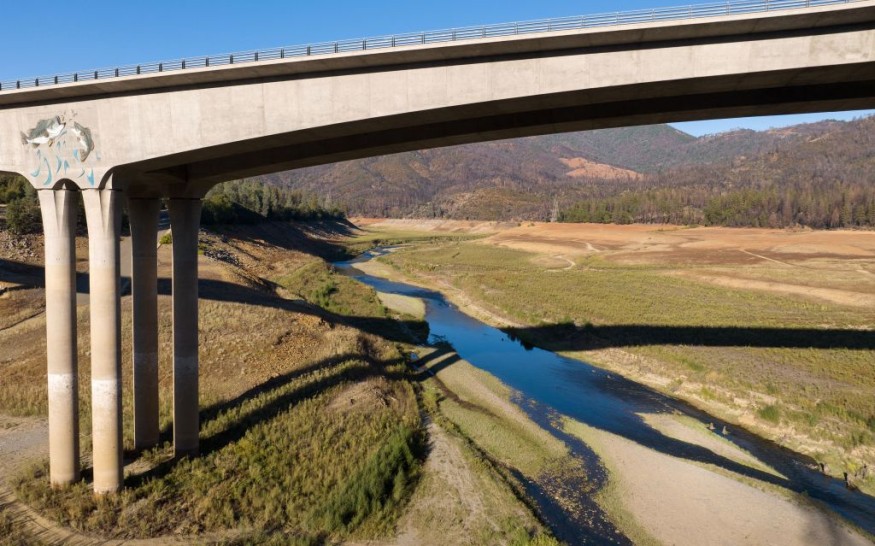Long-term drought has been one of the largest environmental challenge facing the Western United States for a long time, affecting not only water reservoirs and supplies but also poses ecological risks.
In previous years, scientists have determined that a megadrought has impacted the southwestern region of North America.
These drought conditions are aggravated by climate change and global warming.
Ecological drought goes beyond affecting plants, local species, and natural habitats as a whole.
In fact, the ongoing natural disaster across the US region has also caused a strain to the water industry of several Western States, including California.
Despite the atmospheric river-driven heavy rain in January 2023, the region is still facing a water crisis due to the ongoing dry conditions and high temperatures.
Amid the crisis, the US government has employed measures beyond conventional water conservation.
Currently, a new strategy called customized water pricing is currently in its experimental stage with the objective of conserving water supply by targeting large water consumers instead of the whole population in the West, which has millions of users, including the vulnerable low-income households.
Water Crisis

In August 2022, the federal government announced a unprecedented water shortage on the Colorado River, a water reservoir which provides supply to almost 40 million people in the Southwest US, according to CBS News.
Similar measures were also implemented in California by local authorities, who require the public to conserve water.
The water crisis in the Western US has been dragging on for years. The historic rainfall in California from later December 2022 to January reportedly helped alleviate the state's water shortage.
However, experts asserted the significant precipitation is not enough to end the ongoing drought across the region.
In an article posted on The Conservation earlier this week, Matthew Kahn and Bhaskar Krishnamachari from the University of Southern California reported about the planning of customized water pricing to address the long-term drought.
Also Read: Rainfall This Week Could Bring Drought Relief and Increased Flood Risk for the Western US [Forecast]
Customized Water Pricing
The article's two authors propose a customized approach that allows individual consumers decide on whether or not they are willing to pay higher prices.
As part of a pilot study, the authors said water agencies can randomly choose customers with the largest water consumption in their respective service areas.
The study aims to test if whether or not the participants are willing to conserve water after joining a three-year water conservation program.
With this, invitees will receive an opt-in contract with an annual fee paying them for enrolling in the program.
Western US Megadrought
Megadrought pertains to a long period of an abnormally dry weather due to lack of rainfall and other weather and climatic factors.
In the context of the ongoing climate crisis, the warming planet caused by greenhouse gas emissions and other human activities are accelerating such process called the greenhouse effect.
The current megadrought in the Western US is the "most extreme megadrought" in the last 1,200 years, according to a new study, as cited by the World Economic Forum and was also covered by Nature World News last year.
The research says the drought is caused by high temperatures and low precipitation, particularly during the period between summer 2020 and summer 2021.
The study was conducted by researchers from the University of California, Los Angeles (UCLA) and published in the journal Nature Climate Change in early 2022.
Related Article: Drought in Western US Could Last Until 2030 Due to Climate Change
© 2026 NatureWorldNews.com All rights reserved. Do not reproduce without permission.





